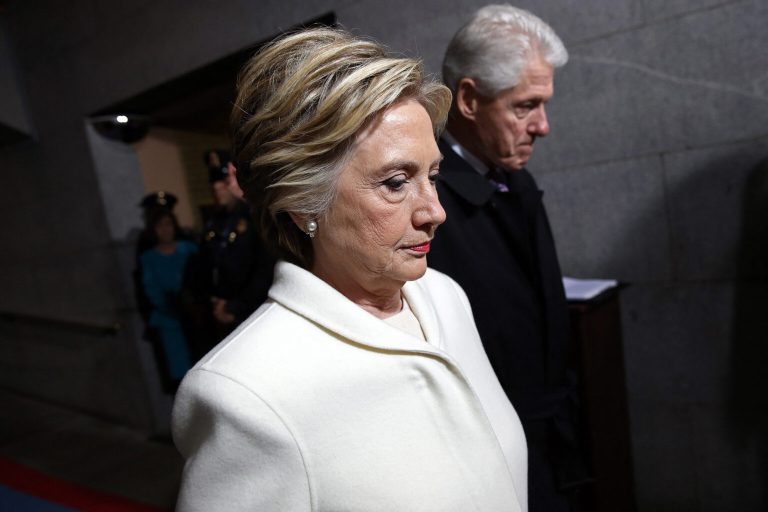
The rapid rise in the growth of mobile money technology in Nigeria was a phenomenon that was not embraced by all, especially the older persons who derived their confidence in banking through a brick-and-mortar bank.
Mobile money wallets were mainly used by agents and Point of Sale, PoS, operators for business purposes.
However, the tradition of performing physical banking transactions is gradually going into extinction, as many Nigerians are now adopting the use of mobile wallets.
The reasons are not far-fetched as many see the innovation as a means to run away from the various charges, and stress accompanied by transactions from traditional banks, even with the use of electronic payment channels such as Unstructured Supplementary Service Data, USSD, and online banking applications.
Some people who spoke to Economy & Lifestyle said these wallets have helped them utilise their money and save a lot, as fewer service fees and good returns on investment are made when compared with regular banks.
Miss. Aideloje Chioma, an underwear seller said she was introduced to using wallets by a friend after the N25,000 that she transferred through USSD was not refunded and the beneficiary was not credited.
“It was a friend who introduced me to using a mobile wallet. I was complaining about visiting the bank thrice to lay a complaint of a N25,000 debt that wasn’t refunded as the beneficiary didn’t receive the money.
“So I decided to give it a try as its account opening process is not cumbersome as that of banks.
“Since then I have been using it for my business transactions as it is fast and reliable.”
According to Miss. Adesesan Yinka, a Point of Sale agent, some mobile money banks also give out cash prizes as incentives for using these wallets.
“Mobile wallets are a very good and secure means of saving and investing your money.
“I use a wallet which has features that can enable you to save for some time and you will get 15 per cent per annum as returns on the amount you saved.
“Sometimes I am given a cash bonus for transactions I make which my bank has never given me. All these ridiculous charges the conventional banks will debit you for transactions are absent. Sometimes I would need to stand in queues in the bank to solve a failed transaction of which I was debited and the beneficiary was not credited.
“Such times you will feel like tearing down the bank.”
On his part, Mr. Oladotun Simon, a phone accessories trader, said: “Many people are using these mobile wallets now. Many of the shops I visited to buy wares last week were filled with traders using wallets. When I asked the person I bought some earpieces from, he said he uses a wallet for transactions.
“I had to transfer to that account which was his mobile phone number. The same goes for others.
“The inquisitive me had to ask one of the traders why he doesn’t use a bank account. He said the wallet is not problematic as there is nothing like a fake bank alert, no fund reversal among other issues and that the charges are less and that he doesn’t have the money to waste or lose in such a struggling economy.
“I was very surprised that Nigerians who were used to conventional bank accounts have now upgraded digitally to save cost.”
Mobile wallets are innovations of Financial Technology (Fintech) and most telecommunication companies (Mobile money operators) facilitate mobile transactions through the use of mobile applications
It is a technology that allows you to save, receive, and spend money from the convenience of a mobile phone. Some of the wallets also enable customers to borrow loans.
Mobile money wallets are also called finance applications and the phone number of the account holder serves as the account number of the wallet.
Some of these companies merge with microfinance banks and other international banks to derive a smooth transaction process within and outside the country for customers.
Examples of mobile wallets include Paga, Opay, Get barter, Chippercash, and palm credit among others.
(Vanguard)









465017 828704Great post, thanks so much for sharing. Do you happen to have an RSS feed I can subscribe to? 789500